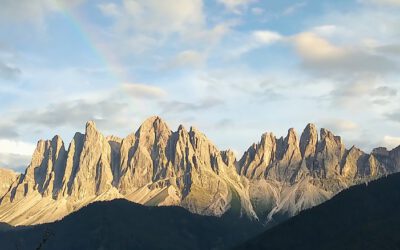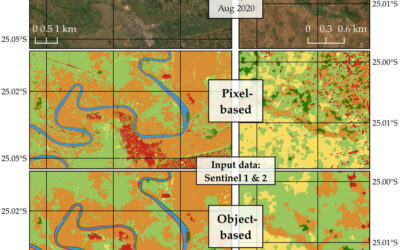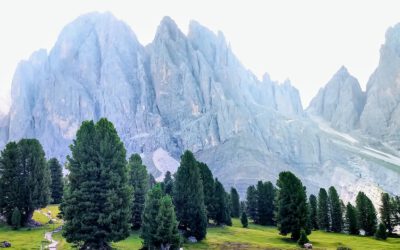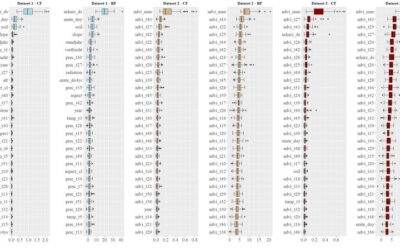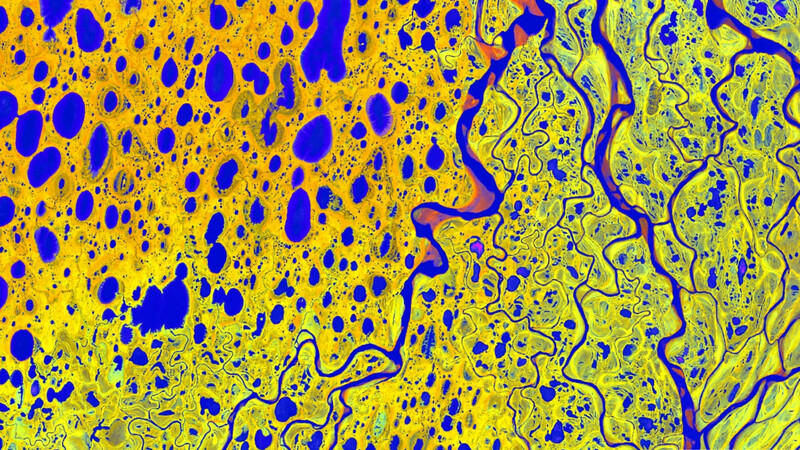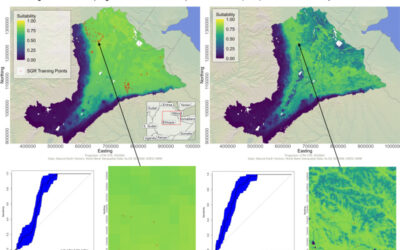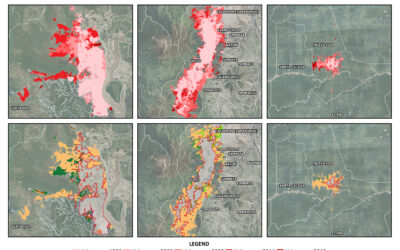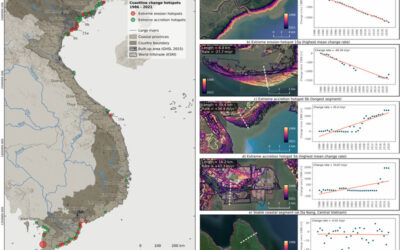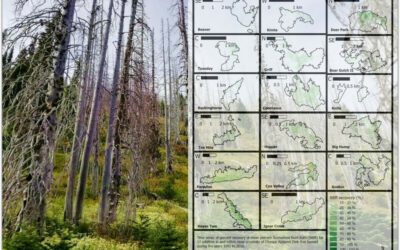Aim
Within this course EAGLE students are exposed to different disciplines and interdisciplinary research.In collaboration with biologists and conservationists new and established approached are discussed and explored by the students in order to define the research goal. The practical analysis is conducted by the students and presented with the collaborators being present.
Content
The students will be introduced to interdisciplinary research and the relevance of clear communication, deliverables and milestones. In a second step they will be linked to different collaborators from other fields and will have the task to define work packages that are feasible within the course time-frame. The actual data analysis will be done as well but the primary goal is not the data analysis but the communication with the other disciplines and being able to provide relevant spatio-temporal information for such a test interdisciplinary project.
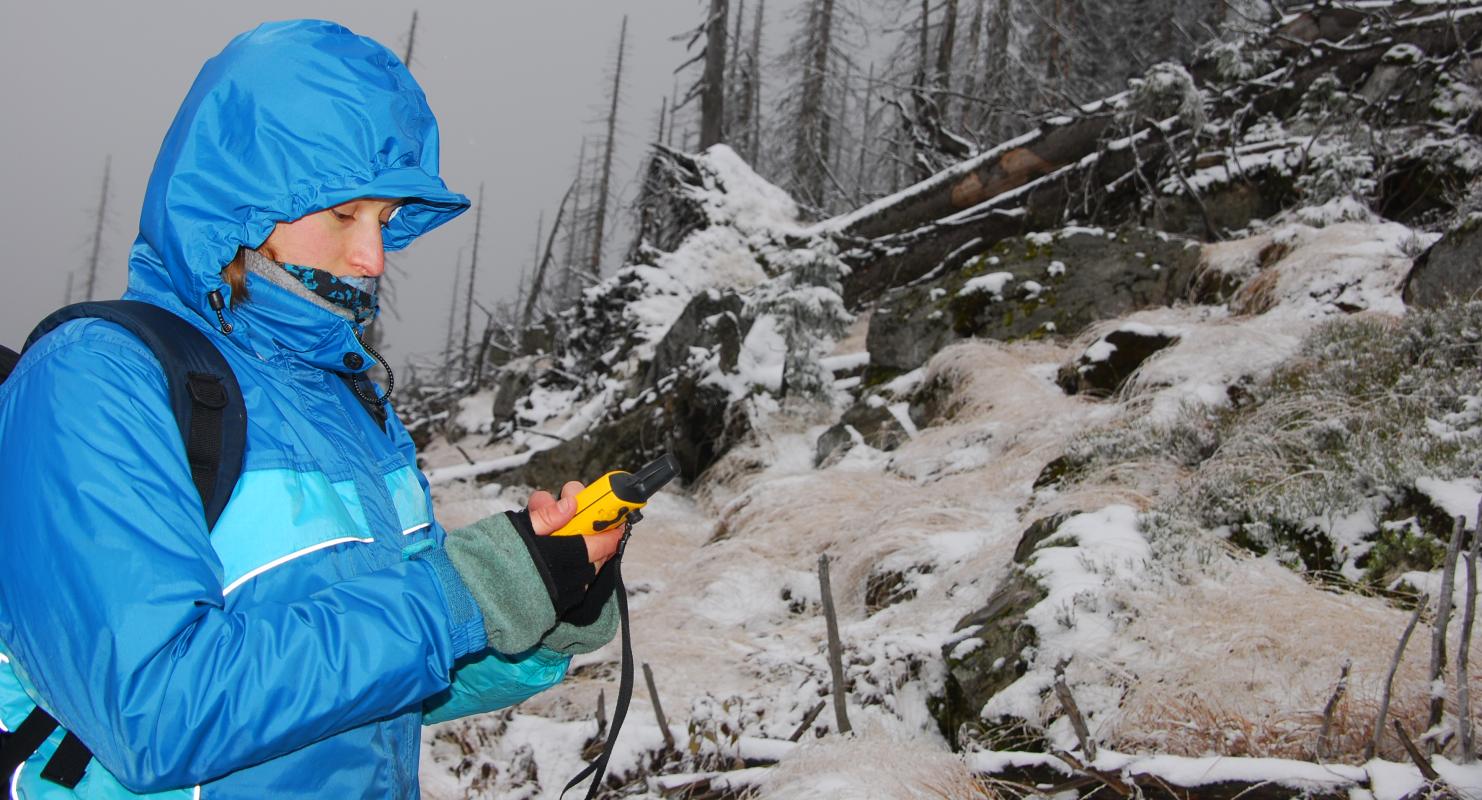
Discussions
learning how other disciplines collect field data, what their properties are, what their research questions are
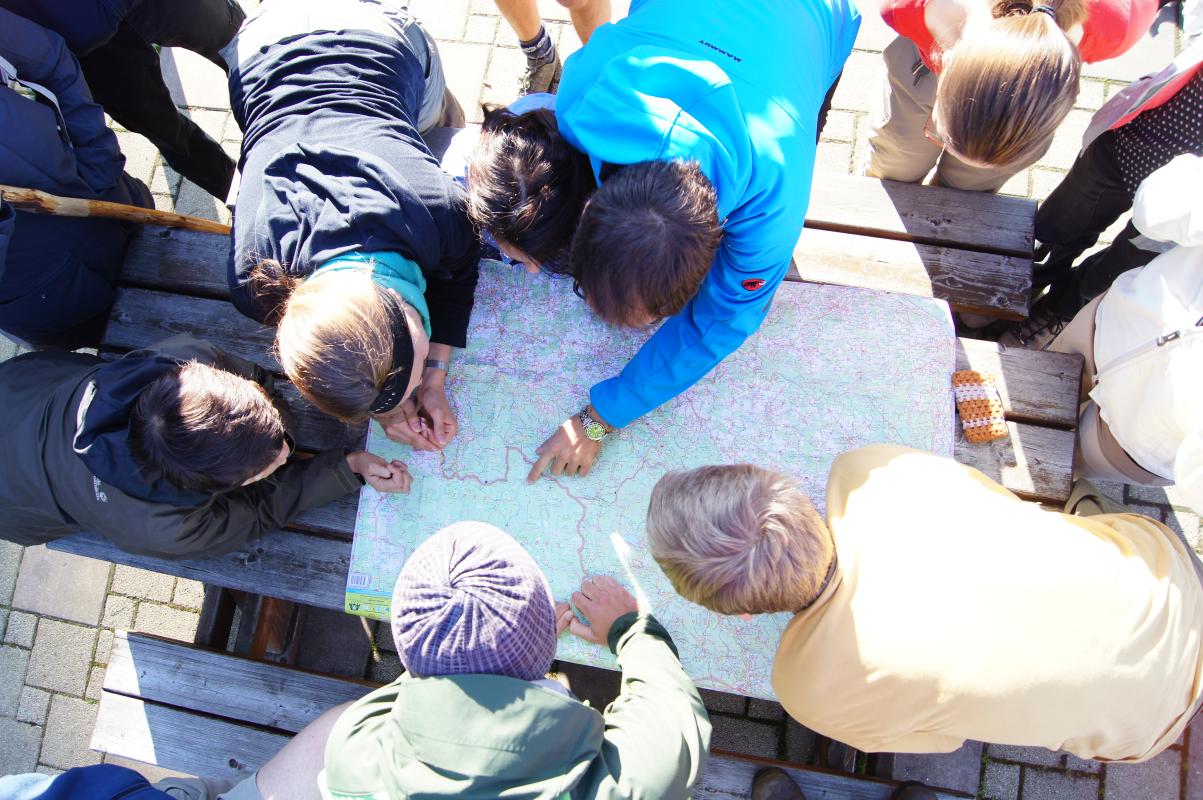
Planning
learning how to plan an interdisciplinary project
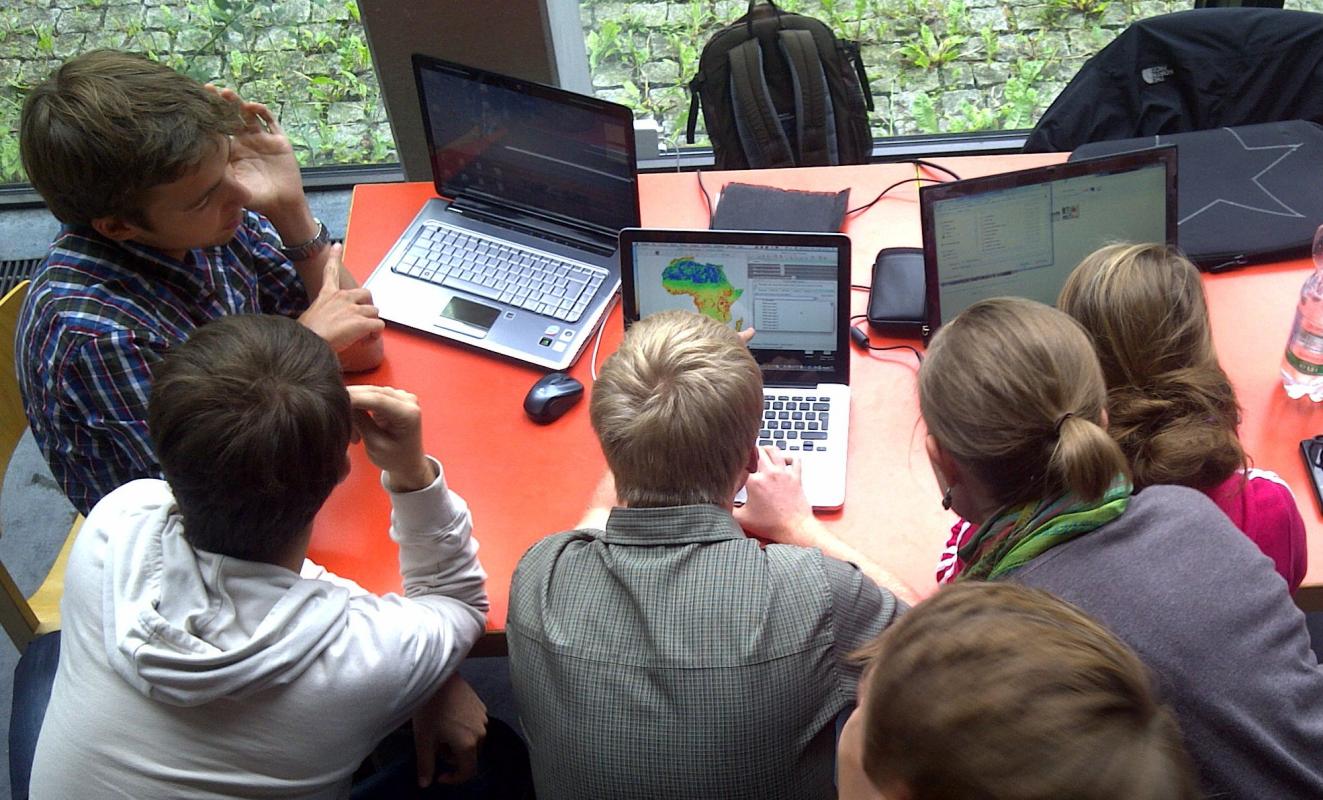
Coding
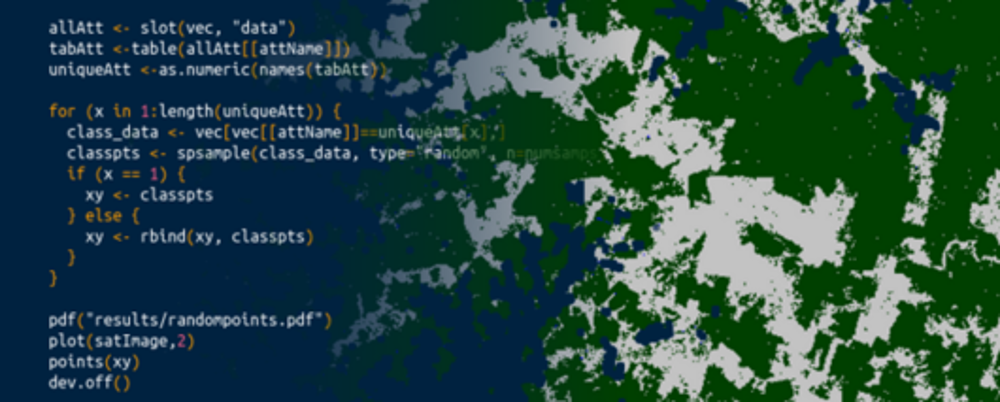
Present
present your research findings to the collaborators
General Course News and Updates
Internship and MSc idea presentation
On Friday 12th of November at 9am the following presentations will take place: Sofia Garcia:"Production of morphology data in African and Asian cities."Internship at DLR, supervisor: Henri Debray Annika Ludwig"Analysis of alpine grassland management dynamics based on...
MSc defense Malin Fischer
Malin Fischer will present her MSc thesis "Remote sensing and machine learning for irrigation mapping in complex landscapes: a case study in Mozambique" on Wednesday, 10th of November at 9 am. From her abstract: "Analyzing the spatio-temporal distribution of irrigated...
MSc idea, inno lab and internship
On Monday, 25th of October the following remote sensing presentation by our EAGLE students will take place: 9am MSc idea presentation by Nils Karges "Exploring spatial relationships of soundscape variables in urbanareas. " (supervisors: Hannes Taubenböck and Jürgen...
MSc thesis defense by Florian Baumgartner
Floran Baumgartner will present his M.Sc. thesis "The potential of Sentinel-2 time series for yield estimation of a perennial wild plant mix-ture using machine learning" on Friday 29th of October at 10am. From the abstract: "Monocultures are generally accompanied by...
MSc idea and InnoLab presentations
On Friday 15th of October at 10am we will have the following MSc idea and inno lab presentations: Nestor Gualsaqui - M.Sc. Thesis Idea: "Pre-crop emergence weed mapping using high satellite imagery"supervisor: Dr. Michael Thiel Yomna Eid - Innovation Lab:...
MSc defense by Frederic Schwarzenbacher
Frederic Schwarzenbacher will defend his M.Sc. thesis on Monday 6th at 3pm. The title is "Habitat suitability modeling for Desert Locust in the Awash River basin: Estimation of the breeding probability based on remote sensing, climatology and environment data" and...
MSc idea and internship presentations
Next Monday, Sept. 20th, at 9:30am the following EAGLE students will present thier MSc. thesis idea or internship: Sofia Garcia:“Estimating socioeconomic variables in Bolivia using satellite-based NTL and electricity consumption data”(Thesis idea, supervisors Hannes...
MSc defense by Belen Villacis
Belen will defend her M.Sc. thesis “Spatio-temporal patterns of urban expansion among main biomes in Ecuador using LULC data from 1990-2018” on Wednesday 8th of September, 2pm. From the abstract: "Over the past decades, the world has experienced an accelerated...
MSc defense by Ronja Lappe
Ronja Lappe handed in her M.Sc. thesis "Assessing 30 years of coastline dynamics in Vietnam using the Landsat archive"from the abstract: "Almost half of the world’s human population lives in coastal regions, with 40 % less than ten meters above sea level. Due to...
MSc defense by Martin Koenig
Martin König handed in his thesis with the title “Examining post-fire vegetation recovery with Landsat time series analysis in Olympic National Park (USA)”. Martin used remote sensing and ground collected data to make sense of vegetation recovery patterns for larger...

